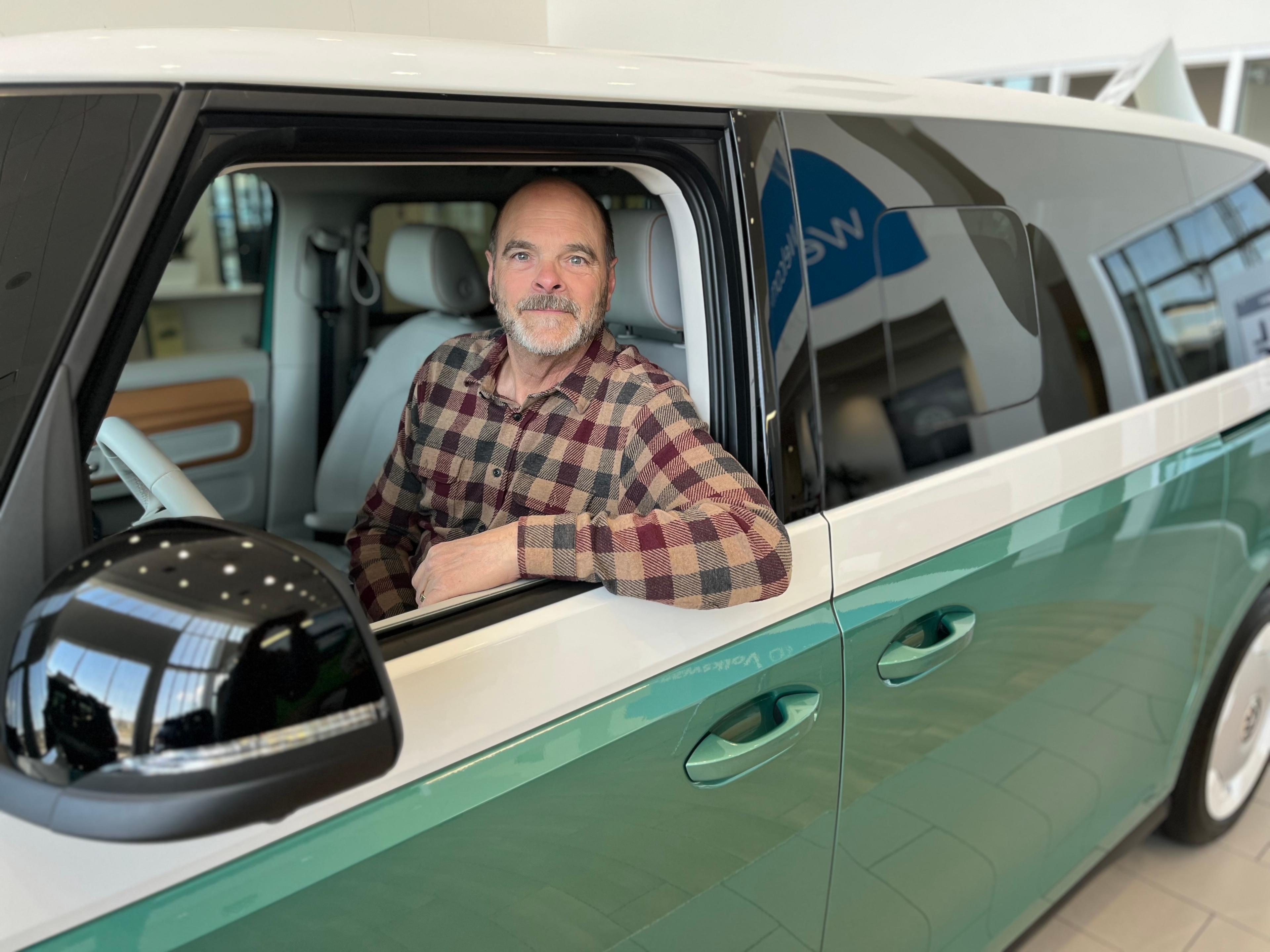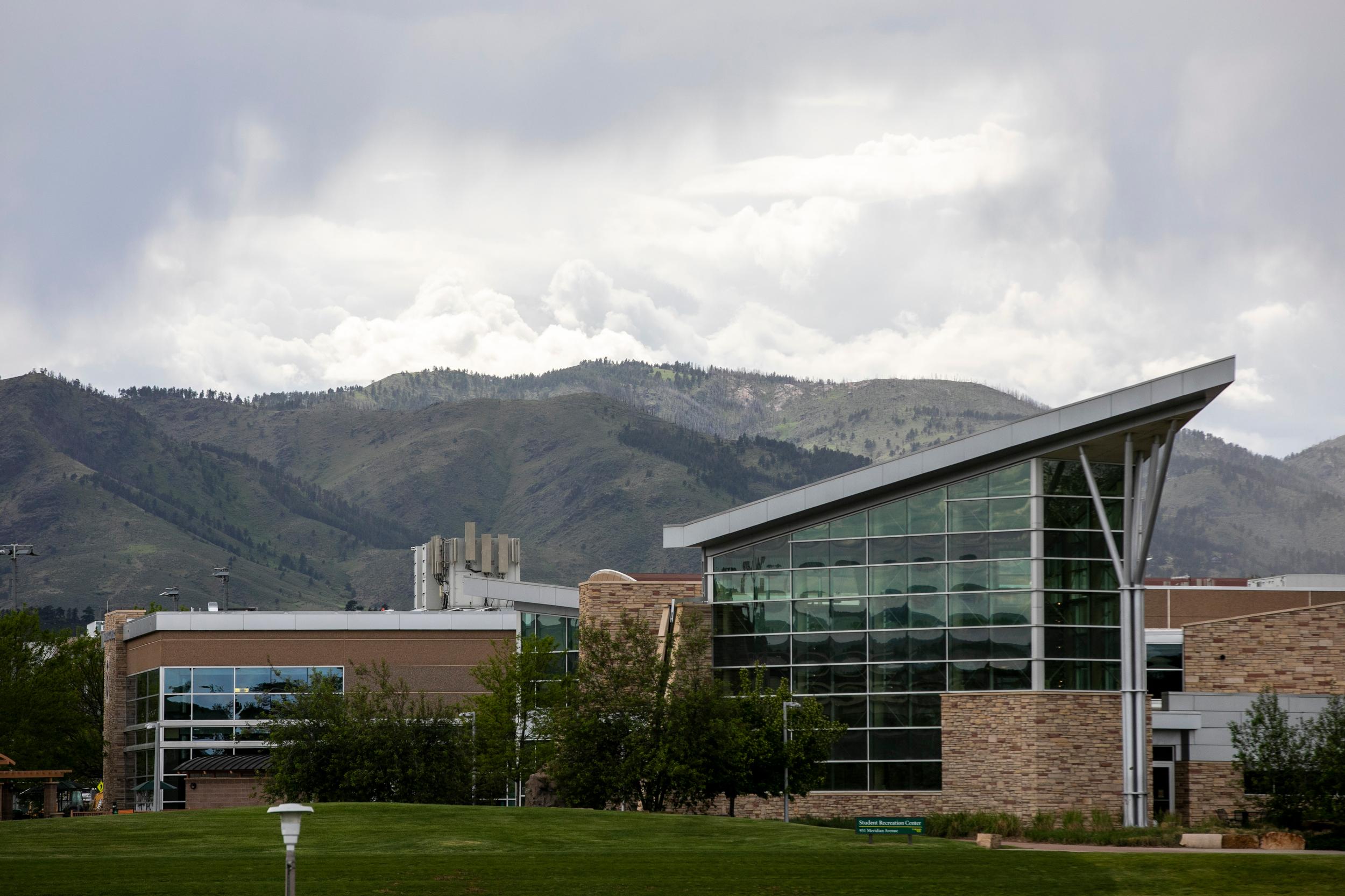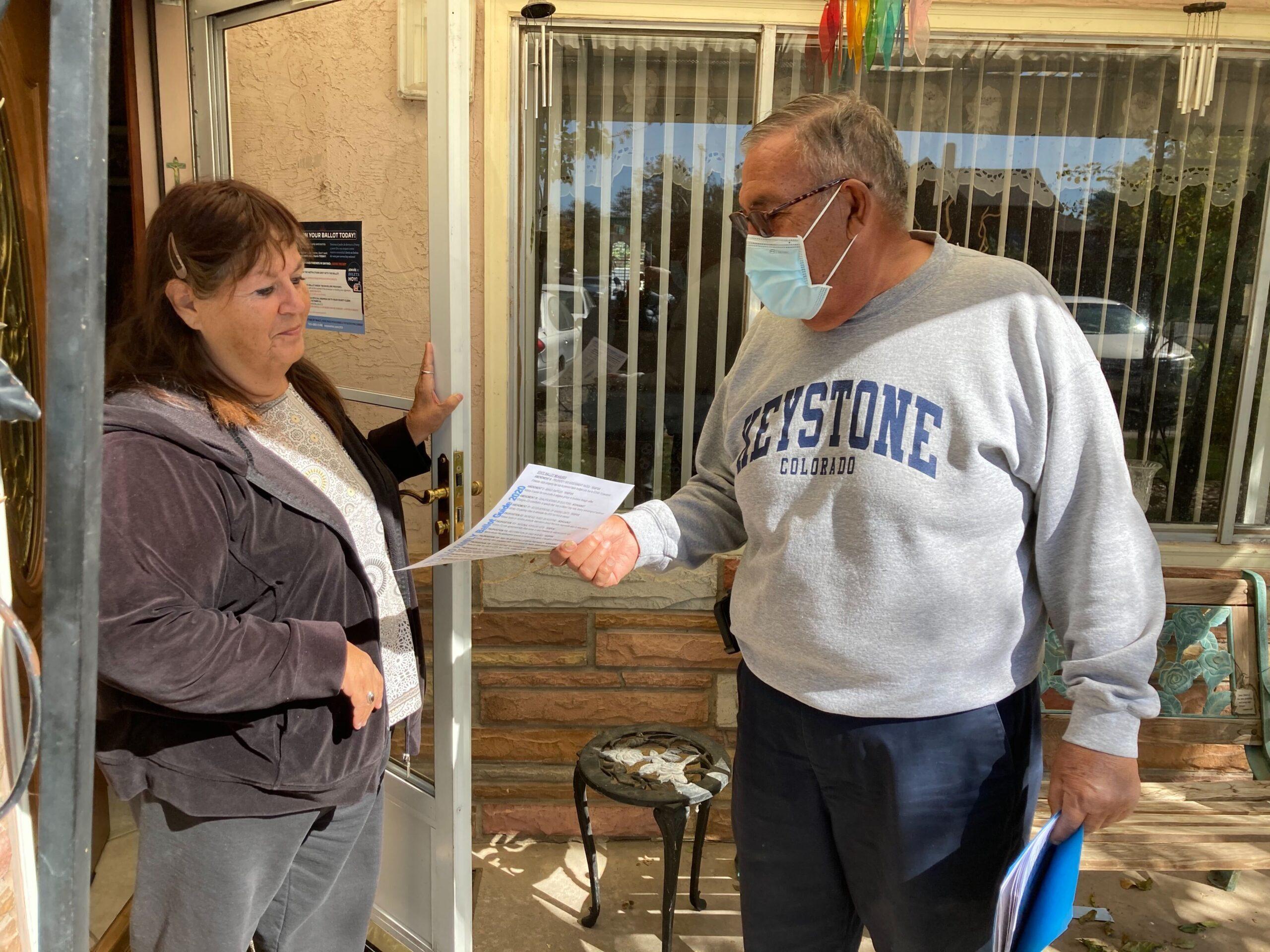
For dozens, maybe hundreds, of voters in Pueblo, the guide they consult before casting their ballots isn’t prepared by a news organization or a local nonprofit. Instead, it’s a simple printed sheet, passed out by the Trujillo family.
“I think it's a great thing. All families should do a ballot guide and put that out,” said Theresa Trujillo, who works with her parents every election year to create the sample ballot.
The three meet over the course of weeks, sitting around her parents’ kitchen table to discuss the list of candidates, ballot questions and local issues. The end result is a comprehensive list of recommendations for how the family wants to encourage people to vote.
“In our own family, I feel like because we do this, people are really serious about voting. All of my brothers hunt. And so my mom doesn't let them leave town to go hunting…. until they turn in their ballot.”
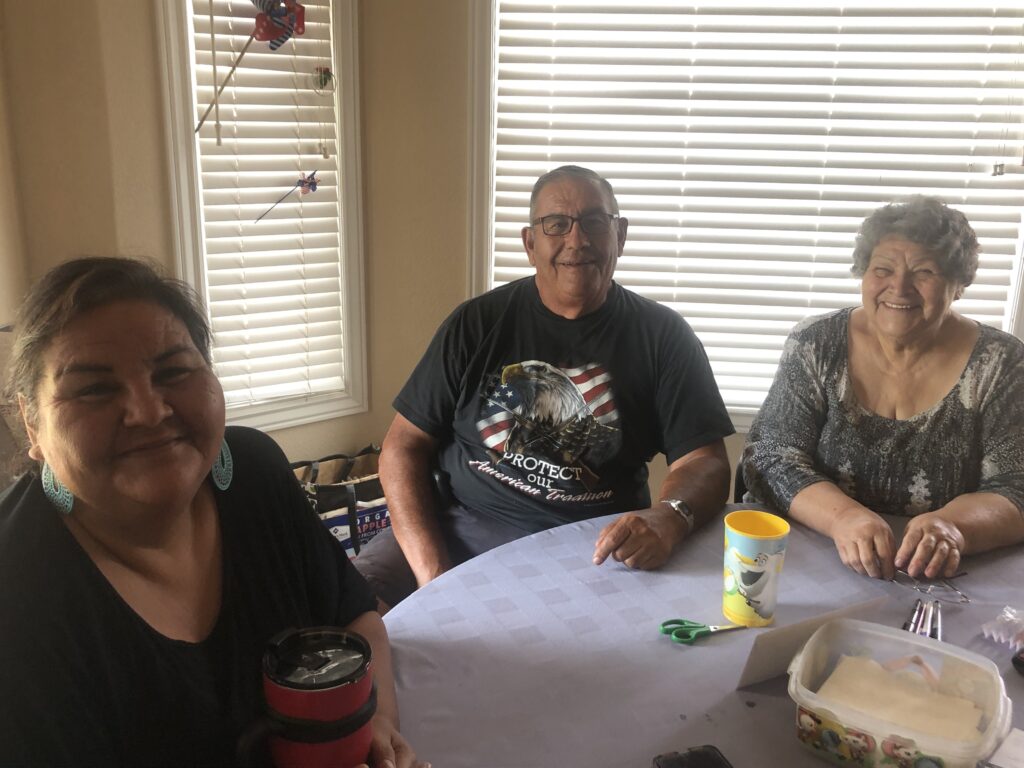
Theresa is the oldest of Saul and Florence E. Trujillo’s seven children. Both of her parents come from big families, with lots of brothers and sisters, and foster siblings too. It’s that extended family, and their friends, that the Trujillo’s have been preparing guides for over the past decade.
“This is Pueblo, give me 15 minutes and I'll make you a bet we’re related,” jokes Saul. “If not, I know 50 percent of the people you know.”
Colorado has one of the highest voter turnout rates in the country, but four years ago Pueblo’s lagged behind by about five points. Both major political parties are working to get less frequent voters to turn in ballots this year, and they’re relying on personal connections. In that effort, the Trujillos clearly have a leg up.
While the guide contains recommendations, Saul said he doesn't really care who or what people vote for, just that they vote.
“And four of us brothers served in the Second World War, the Korean War, in the Vietnam war... And I just believe that if you live in a country, in a great democracy, you have the responsibility to vote. And if you don't do that, you have no right to complain on any issue,” he said.
Putting the ballot guide together is a fairly seamless process since the family largely agrees on politics; they’re mostly Democrats. Ballot measures — which are nonpartisan — can sometimes prove tricky though. In the past, Theresa said abortion rights have been one area of disagreement.
“You know, my parents are very Catholic, very traditional Catholic. And I’m more liberation theology Catholic.”
When the family does disagree, they put the arguments for and against in the guide. Once it’s ready, Theresa and her dad hop in her car to deliver scores of copies around town.
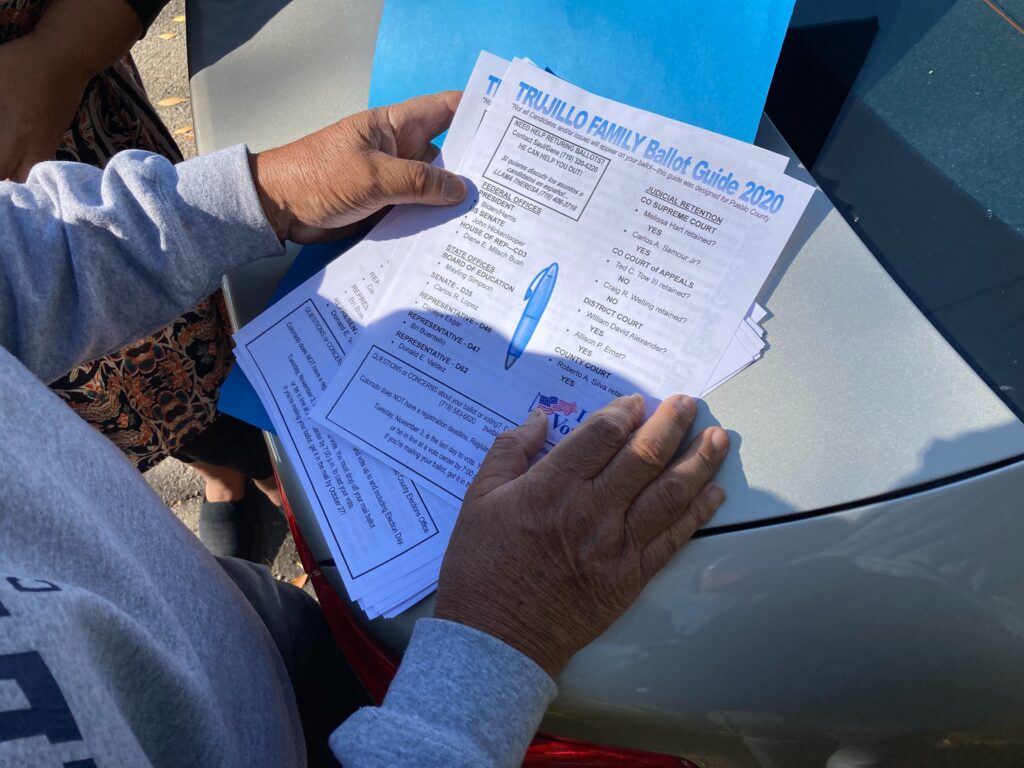
“So we’ve always trusted this guide,” said Rita Martinez, a longtime family friend who said her son has made several hundred copies to deliver on his own. “And so you know, people kind of have an idea who they're voting for, but the amendments are really confusing. So it really helps them.”
This year Saul included a new offer on the guide — he or another relative would come by to pick up and return ballots for anyone who may be more hesitant to get out because of the coronavirus pandemic.
While Theresa and her parents enjoy spending a lot of time talking politics — and come to clear conclusions about things by the time they’ve made their guide — they say they set it aside when they have larger gatherings at the family home.
“No matter what our political views are, we're not going to make somebody feel uncomfortable in this house,” said Theresa.
Her parents quickly chimed in.
“You're welcome here, regardless,” noted Saul. Her mother Florence added, “I’d just rather not talk about politics because it'll hurt somebody's feelings. And I don't want that.”
It’s another thing they all agree on: For all the work they put into figuring how they hope their friends and family will vote, hospitality is still more important than politics.
CPR reporter Caitlyn Kim contributed to this report.

